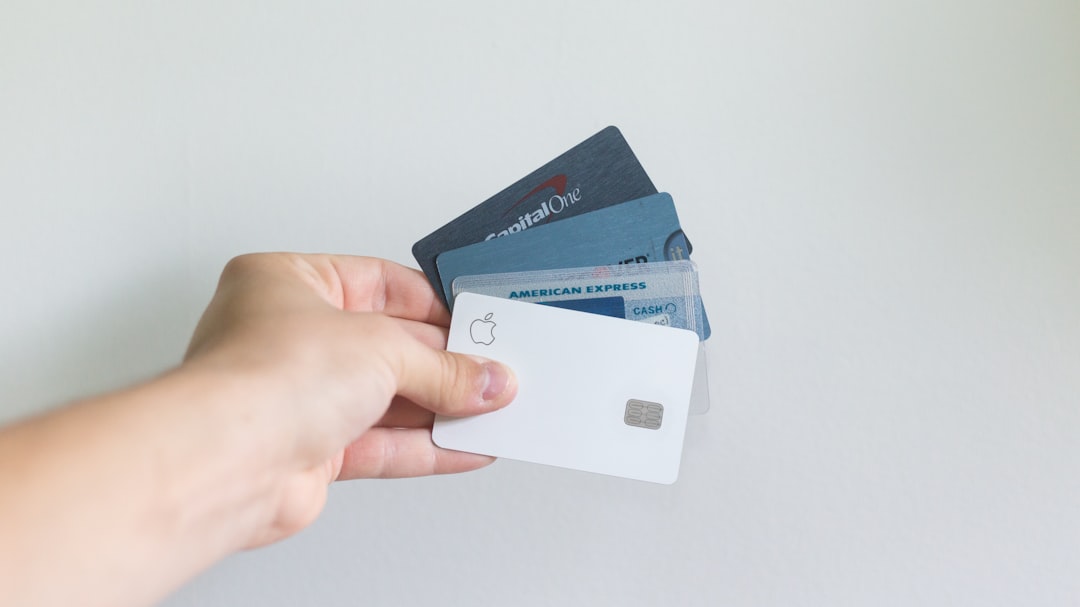Unemployed individuals facing multiple high-interest debts can find relief with What Is An Unsecured Debt Consolidation Loan? This strategy combines several loans into one with a lower interest rate, simplifying repayment and financial management. Key steps involve assessing eligibility (age ≥18, stable income, good credit), understanding lender requirements, securing the loan through accurate applications, and effectively managing repayments by prioritizing the loan, creating a realistic budget, making timely payments, and avoiding new debt. Regular budgeting app checks and open communication with lenders are also recommended to maintain financial health.
Unemployment can lead to a spiral of financial strain, with mounting bills and debts becoming overwhelming. In such times, understanding What Is an Unsecured Debt Consolidation Loan can be a game-changer. This article navigates the challenging landscape of unemployment and its financial impact, introducing the concept of debt consolidation loans as a potential solution. We explore the advantages of unsecured loans, eligibility criteria, application steps, and effective debt management strategies for a fresh financial start.
- Understanding Unemployment and Its Financial Impact
- The Concept of Debt Consolidation Loans
- Advantages of Unsecured Debt Consolidation Loans
- Eligibility Criteria for Personal Loan Applications
- Steps to Secure an Unsecured Debt Consolidation Loan
- Managing Debts Effectively After Taking a Loan
Understanding Unemployment and Its Financial Impact

Unemployment can have a profound financial impact on individuals and families, often leading to a cascade of challenges, including mounting debts and reduced financial stability. When job prospects fade, many turn to debt consolidation as a strategy to manage their financial obligations. An unsecured debt consolidation loan is a financing option designed to simplify multiple high-interest debts into one single loan with a potentially lower interest rate.
This approach allows borrowers to make only one monthly payment, simplifying their financial burden and providing some much-needed relief from the stress of numerous due dates. By consolidating debts, individuals can gain better control over their finances and work towards rebuilding their economic health, even during uncertain times like unemployment.
The Concept of Debt Consolidation Loans

Debt consolidation loans offer a strategic approach to managing multiple debts by combining them into a single, more manageable loan. This financial tool is particularly attractive for individuals grappling with unemployment and facing a barrage of personal loan and bill payments. Instead of making several payments to various creditors, borrowers can simplify their financial obligations with one loan that often comes at a lower interest rate.
An unsecured debt consolidation loan, as the name suggests, doesn’t require collateral, which makes it accessible to those without assets to offer as security. This type of loan is ideal for unemployed individuals seeking to streamline their debts and regain financial control. By consolidating debts, borrowers can potentially reduce their monthly outgoings, making repayment more affordable during challenging economic periods.
Advantages of Unsecured Debt Consolidation Loans

Unsecured debt consolidation loans offer a viable solution for individuals grappling with multiple debts, providing several advantages in challenging financial times. One of the key benefits is simplicity and ease of access; as these loans don’t require collateral, they are more accessible to borrowers. This is especially beneficial for those who might not own assets like homes or cars to secure traditional loans. By consolidating various debts into one loan with a lower interest rate, individuals can simplify their repayment process, making it easier to manage and potentially saving them money in the long run.
Additionally, unsecured debt consolidation loans provide the opportunity to improve credit scores over time. Repaying these loans on schedule demonstrates responsible financial behavior, which can positively impact an individual’s credit history. This is crucial for future borrowing options and securing better interest rates down the line. With a consolidated loan, borrowers can say goodbye to multiple monthly payments, reducing administrative burdens and providing a clearer path to financial stability.
Eligibility Criteria for Personal Loan Applications

When considering a personal loan for debt consolidation, especially during challenging times like unemployment, understanding the eligibility criteria is vital. Lenders will assess your financial health and capacity to repay. Generally, applicants must be over 18 years old, have a stable source of income, and provide proof of identity and residency.
For what is an unsecured debt consolidation loan, credit history plays a significant role. While some lenders may offer options with less stringent requirements, having good or fair credit can improve your chances of approval and secure better interest rates. This type of loan doesn’t require collateral, making it accessible to many, but lenders will still evaluate your ability to repay based on your current financial situation and debt-to-income ratio.
Steps to Secure an Unsecured Debt Consolidation Loan

If you’re struggling with multiple debts and high-interest rates, an unsecured debt consolidation loan could be a viable solution. This type of loan allows individuals to combine various unsecured debts into one manageable repayment, typically with a lower interest rate. The process of securing such a loan involves several steps designed to ensure both your financial stability and the lender’s risk management.
First, assess your creditworthiness by checking your credit score and history. Lenders will consider your debt-to-income ratio, employment status, and overall financial health. Prepare your financial statements, including income tax returns and bank statements, as these documents are crucial for proving your repayment capacity. Once you’ve gathered the necessary paperwork, shop around for lenders who offer unsecured debt consolidation loans. Compare interest rates, loan terms, and any associated fees to find the best deal that suits your needs. Finally, submit a loan application with accurate information and be prepared to negotiate terms if needed.
Managing Debts Effectively After Taking a Loan

After securing a debt consolidation loan, whether it’s a secured or unsecured debt consolidation loan (like an unsecured debt consolidation loan), effective management is key to reaping its benefits. The primary goal should be to create and stick to a realistic budget that allocates funds for loan repayment while ensuring essential expenses are met. This involves prioritizing debts, making timely payments, and avoiding additional borrowing unless absolutely necessary.
Regularly reviewing your financial situation allows you to track progress, identify areas where you can cut back, and ensure you’re staying on course with repayments. Consider using tools like budgeting apps or spreadsheets to monitor spending and loan balances. Additionally, maintain open communication with your lender regarding any challenges you may face in making payments, as many institutions offer flexible repayment plans during difficult financial periods.
Unemployment can significantly strain financial stability, but understanding options like unsecured debt consolidation loans can provide a route to recovery. By consolidating debts into a single, manageable loan with potentially lower interest rates, individuals can regain control of their finances and focus on rebuilding their future. It’s crucial to familiarize oneself with the eligibility criteria and steps involved in securing such a loan, ensuring informed decisions that lead to effective debt management and long-term financial health.
